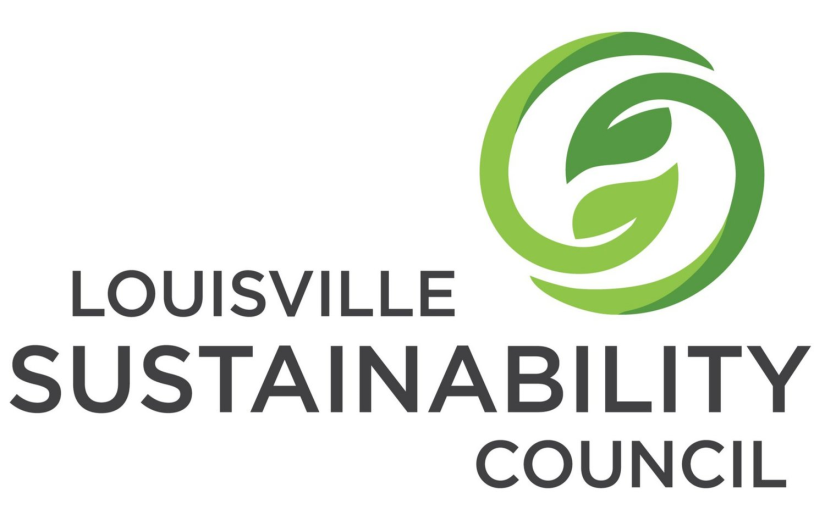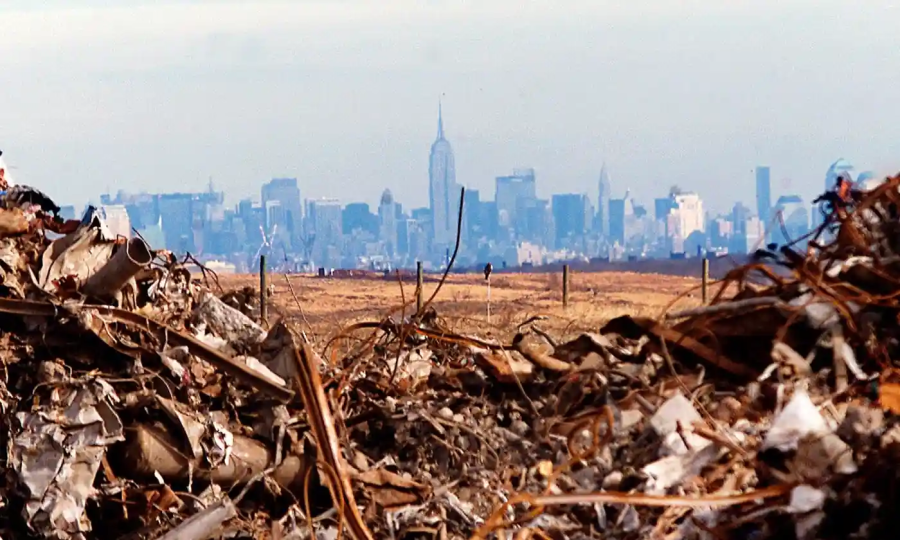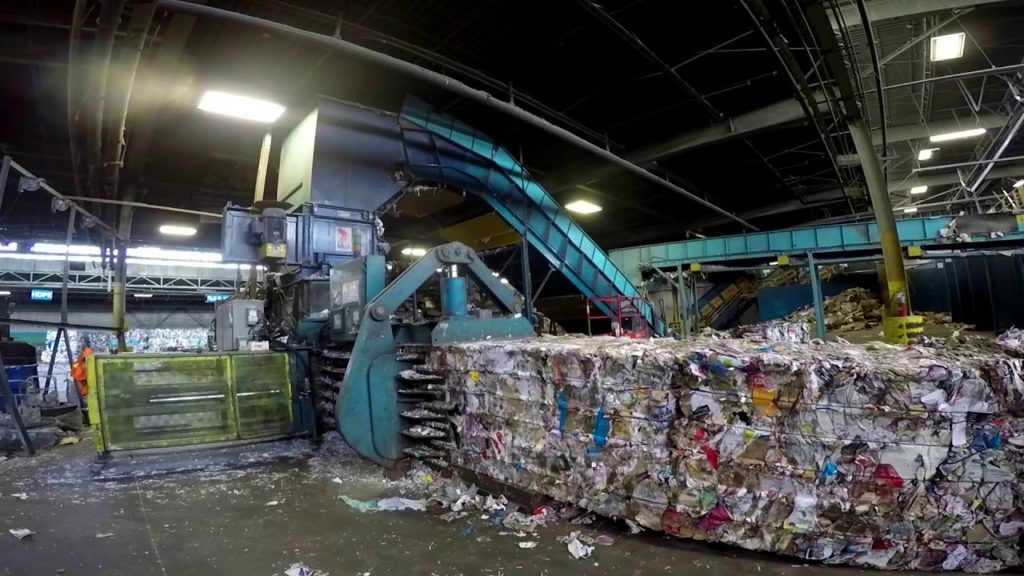Illegal Dumping in North Carolina: A Persistent Environmental Issue
Illegal dumping, sometimes known as “midnight dumping,” is a major environmental and public health concern in North Carolina. Yes, instead of hiring a dumpster for rental, some residents prefer to dump their junk in nature!
It is when one disposes of waste illegally, outside a designated site, particularly on roads, vacant lots, forests and waterways. It is a problem that transcends urban, suburban and rural communities and poses economic, environmental and societal challenges for those communities.
Despite state and local efforts to combat all of the above, illegal dumping continues to both erode projects that would conserve the environment and use up precious municipal resources while threatening public health and safety.
Scope of the Problem
North Carolina has its own unique set of illegal dumping challenges, from construction and demolition debris in urban centers to household refuse and appliances in rural communities.
Items most commonly associated with illegal dumping include furniture, tires, electronics, hazardous materials, and yard waste. They are typically dumped in areas that are relatively isolated or off the beaten track and, therefore, both difficult to detect and to deal with. The vast open spaces and woods of North Carolina, for instance, make rural areas especially susceptible to opportunistic offenders who can simply blend into the environment.
Proper disposal of waste is an expensive strategy that can further aggravate this issue. Illegal dumping is often a response to residents and businesses needing to avoid landfill fees or transportation costs. The practice also undermines the work of solid waste management systems and places extra strain on local governments, who must spend money on cleanup and enforcement.
Environmental Impacts
Illegal dumping can have serious environmental effects.
Moreover, certain non-biodegradable materials can be found in the environment for more than 50 years, causing contamination; e.g. plastics, tires. Hazardous waste — chemicals, electronics and batteries — can leach toxins into the soil and groundwater, contaminating drinking water supplies and harming ecosystems.
North Carolina’s streams, rivers and coastline — essential for agriculture, drinking water and recreation — are especially susceptible to illegal dumping. For example, scrap material and pollutants released into rivers and streams can threaten marine life, disrupt ecosystems, and compromise water quality.
Illegal dumping is also damaging forests and wildlife habitats. Dumped materials can interfere with natural habitats, obstruct animal pathways, and introduce toxic substances into delicate ecosystems. North Carolina has a diverse geography and rich biodiversity as a state with its lush forests, mountains, and coastal areas, but could become profoundly affected by long-term environmental harm if illegal dumping continues.
Public Health Concerns
Ideally, federal laws would act as a deterrent, but the public health threats posed by illegal dumping are equally disturbing.
The build-up of waste draws pests like rodents and mosquitoes, who can carry diseases. Standing water in abandoned tires, for example, provides breeding sites for mosquitoes, which may spread diseases such as West Nile virus. Illegally dumped waste can contain hazardous materials that put residents at direct risk of health hazards, especially small children who may come into contact with them while playing around dump sites.
Economic Costs
Illegal dumping is a costly problem for North Carolina communities. Local governments are forced to spend millions of dollars every year on cleanup, investigations and enforcement.
This money could instead be used to pay for essential public services like schools, hospitals, or road building. Moreover, illegal dumping reduces property values, discourages tourism and damages the state’s image as a clean and appealing place to visit.
Businesses and industries, too, are suffering, with those dependent on natural resources and outdoor recreation especially hard hit. Illegal dumping in parks, trails, and beaches may discourage visitors and affect the local economy, which relies on tourism. Similarly, contaminated waterways can threaten the fishing and agriculture industries, both of which are crucial to North Carolina’s economy.
We also have specific initiatives to discourage illegal disposal. North Carolina has taken a number of steps to combat illegal dumping, including public awareness initiatives, increased enforcement and the development of waste disposal programs.
In the state, the Department of Environmental Quality (DEQ) partners with local governments like Fayetteville to offer resources for cleaning up and preventing contamination. Several counties like Cumberland County have also deployed surveillance technology including motion-activated cameras to watch for people dumping in known sites and help identify violators.
And Community engagement is key to addressing illegal dumping. Volunteer groups and nonprofits hold cleanup events, help raise awareness and push for tougher enforcement. Initiatives like Adopt-a-Highway enable citizens to actively participate in sustaining clean public areas.
Challenges and Directions for the Future
For example, though these measures are great, obstacles remain. Lack of funding, lack of staffing and the complexity and difficulty of prosecuting offenders is a significant barrier. Moreover, there is a lack of public awareness about the detrimental effects of illegal dumping. Education campaigns that focus on the environmental, economic, and health aspects of illegal dumping will go a long way toward changing behaviors.
Improving access to affordable waste disposal alternatives might also mitigate illegal dumping. Examples include free or low-cost disposal days for bulky items and hazardous waste. The convergence of these sectors is key to creating new solutions and addressing waste management sustainably.
North Carolina has traded for a long time, the illegal dumping is a complex issue.
The repercussions of climate change on the environment, public health, and local economies emphasize the necessity for coordinated solutions. Though the state has undertaken commendable work to address the problem, collaboration, education and enforcement are important to continue limiting illegal dump and maintaining North Carolina’s natural beauty for future generations. As the state looks to reduce this significant issue, creating a culture of environmental stewardship and providing easy disposal solutions will help this issue become less pervasive and communities cleaner.











